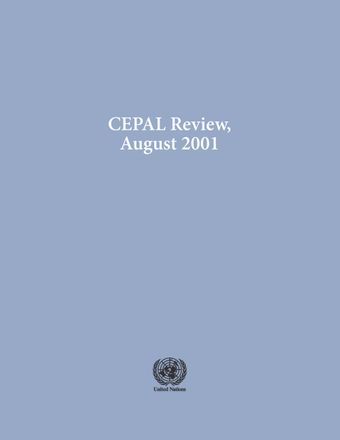-
Globalization and tax competition: Implications for developing countries
- Source: CEPAL Review, Volume 2001, Issue 74, Nov 2001, p. 59 - 66
- Spanish
-
- 23 Nov 2001
Abstract
This article analyses the effects of tax competition on developing countries. Since the 1980s, globalization and greater capital mobility have led many developing countries to adopt the policy of competing with one another to attract capital investment. One of the main forms taken by this competition has been the granting of tax holidays and other tax reductions to investing multinationals. This paper reviews the normative arguments for and against this type of tax competition, from a global perspective. It then examines these arguments in depth from the point of view of developing countries. The conclusion in general is that, since transnational companies would invest in developing countries even if they did not receive tax subsidies, but are able to receive them through a kind of bidding process among developing countries, it would be more advisable for the latter to agree to refrain from granting such subsidies. Lastly, consideration is given to some ways in which cooperation of this sort could be achieved, either regionally or globally (through the World Trade Organization, for example).





